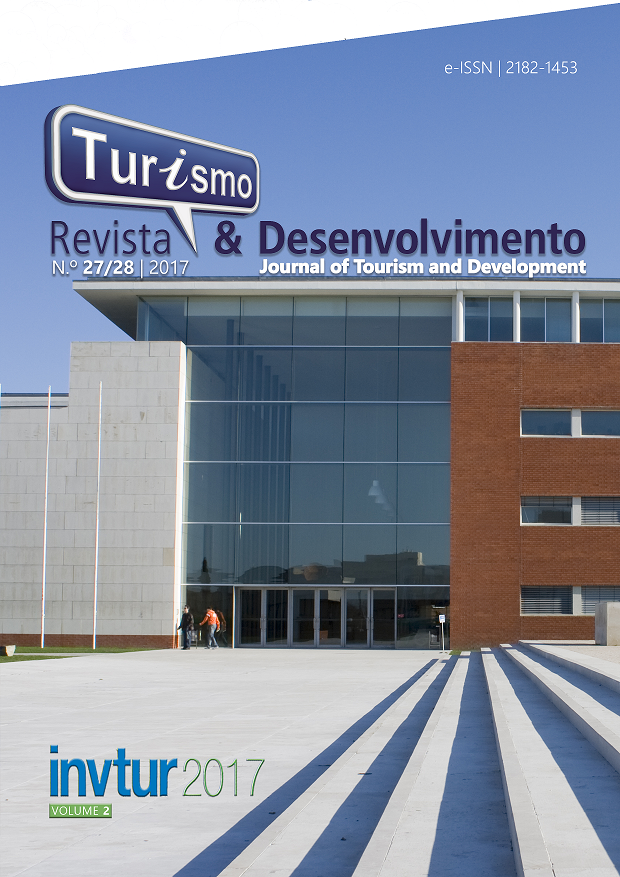O Desenvolvimento regional no contexto do projeto estruturador Rota da Grutas de Peter Lund – Minas Gerais/Brasil
Resumo
Este estudo resulta de parte uma tese de doutorado do Programa de Pós-graduação Interdisciplinar em Estudos do Lazer, da Universidade Federal de Minas Gerais. O objetivo foi compreender o processo de implementação da política de regionalização do turismo na região do Circuito Turístico das Grutas, e sua relação com o projeto estruturador do turismo mineiro Rota das Grutas de Peter Lund. Consiste em uma análise documental envolvendo planos, projetos e atas de reunião do circuito, e uma entrevista semiestruturada. A partir da revisão teórica, estabeleceu-se três categorias de análise – território/ articulação regional e mudança política e social. Os resultados evidenciam que durante os dez (10) anos analisados, houve um intenso processo de organização e reorganização na forma de planejar e gerir o turismo na região. As informações obtidas, apontam que a implementação da política de regionalização, quando relacionada ao programa de roteirização, Roteiros do Brasil, na região composta pela Associação do Circuito Turístico das Grutas, e notadamente no projeto Rota das Grutas de Peter Lund, passa a adotar outra orientação distinta daquela cunhada pela política, ou seja, assume uma orientação top-down, e não button-up. Nesse caso, a análise do desenvolvimento regional do turismo, evidencia um enfraquecimento, principalmente nos aspectos articulação regional, e transformação política e social.





